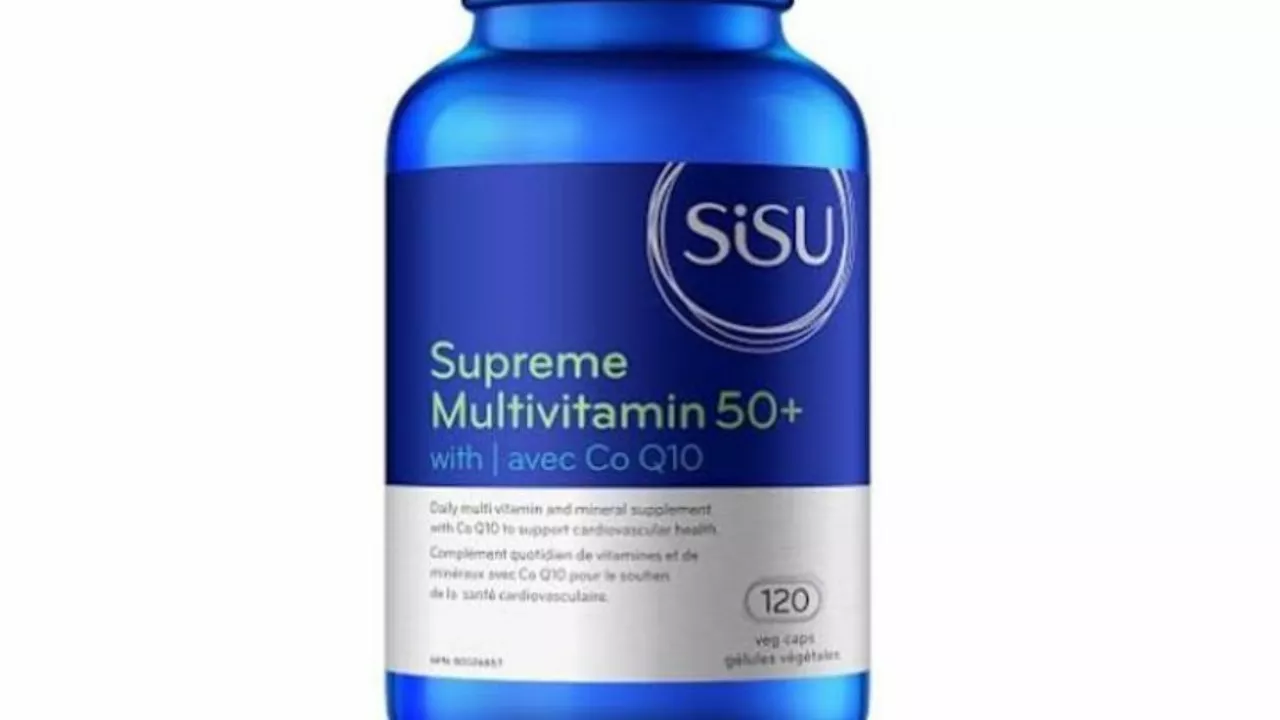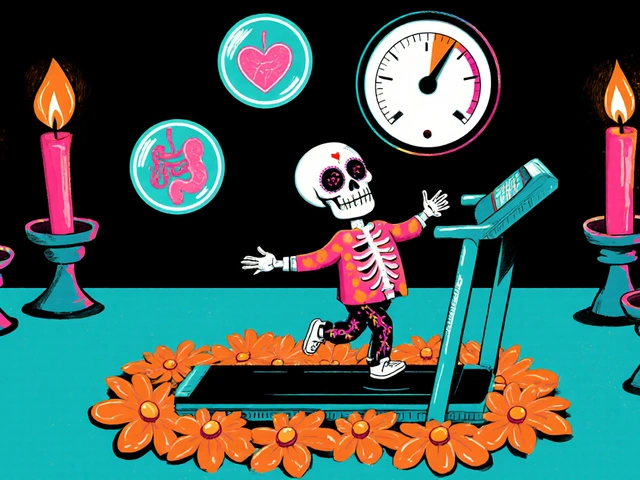Iron-Folic Acid: What It Does and Who Needs It
Iron-folic acid supplements combine two nutrients many people lack. Iron supports red blood cell production and energy. Folic acid (vitamin B9) helps make DNA and prevents neural tube defects in early pregnancy. If you’re tired, pale, or pregnant, this combo is one of the first things your doctor will consider.
How to take iron-folic acid
Want this to work? Small habits matter. Take your iron-folic acid at the same time each day so you don’t forget. Many people do better taking it with vitamin C (a glass of orange juice) because vitamin C boosts iron absorption. Avoid coffee, tea, dairy, and calcium supplements for at least two hours before or after taking iron — those block absorption.
Typical guidance: pregnant people are usually advised to take around 27 mg elemental iron daily plus 400–800 mcg folic acid. For treating iron-deficiency anemia, doctors often recommend higher elemental iron (for example, one tablet of ferrous sulfate 325 mg gives about 65 mg elemental iron) — but follow your doctor’s dose. If iron upsets your stomach, try taking it with a small snack or switch to a gentler form like ferrous gluconate or a slow-release option.
Can you split the dose? Yes. If one large dose causes nausea, split it into two smaller doses during the day. Some people do better taking iron at night.
Side effects, interactions, and when to see a doctor
Expect dark stools — that’s normal. Common side effects are constipation, nausea, and stomach cramps. If constipation is an issue, drink more water, eat fiber, and consider a stool softener after talking with a pharmacist or doctor.
Watch for important drug interactions: iron can reduce the effectiveness of levothyroxine, certain antibiotics (tetracyclines and fluoroquinolones), and some osteoporosis drugs. Space iron at least 2–4 hours apart from these medicines.
Who should get checked? If you have heavy periods, a vegetarian or vegan diet, chronic gut issues, or unexplained fatigue, ask your clinician for a blood test. Severe iron deficiency may need higher doses or IV iron given by a healthcare provider.
Buying tips: always buy from a reputable source and check the label for the form and amount of elemental iron and folic acid. If you’re pregnant or on other medicines, check with your doctor or pharmacist first. For trusted info and product options, visit Pharmstore.com—your source for clear medication guidance and safe purchasing advice.
Want a quick takeaway? If you’re pregnant or showing anemia signs, iron-folic acid is often the right choice. Take it consistently, pair with vitamin C, avoid blockers like tea and calcium, and talk to your healthcare provider about dose and interactions.

As a health enthusiast, I recently stumbled upon the fascinating connection between Iron-Folic Acid and our body's electrical system, particularly our nerve health. It turns out that these essential nutrients play a crucial role in maintaining the proper functioning of our nervous system. Iron is vital for the formation of myelin, the protective layer surrounding our nerves, while Folic Acid aids in the production of neurotransmitters that send signals throughout our body. By ensuring we consume enough Iron and Folic Acid, we can support our body's electrical system and keep our nerves functioning optimally. So, let's not underestimate the power of these nutrients and make them an integral part of our daily diet for better nerve health!
Chris Gore Jun 26, 2023




